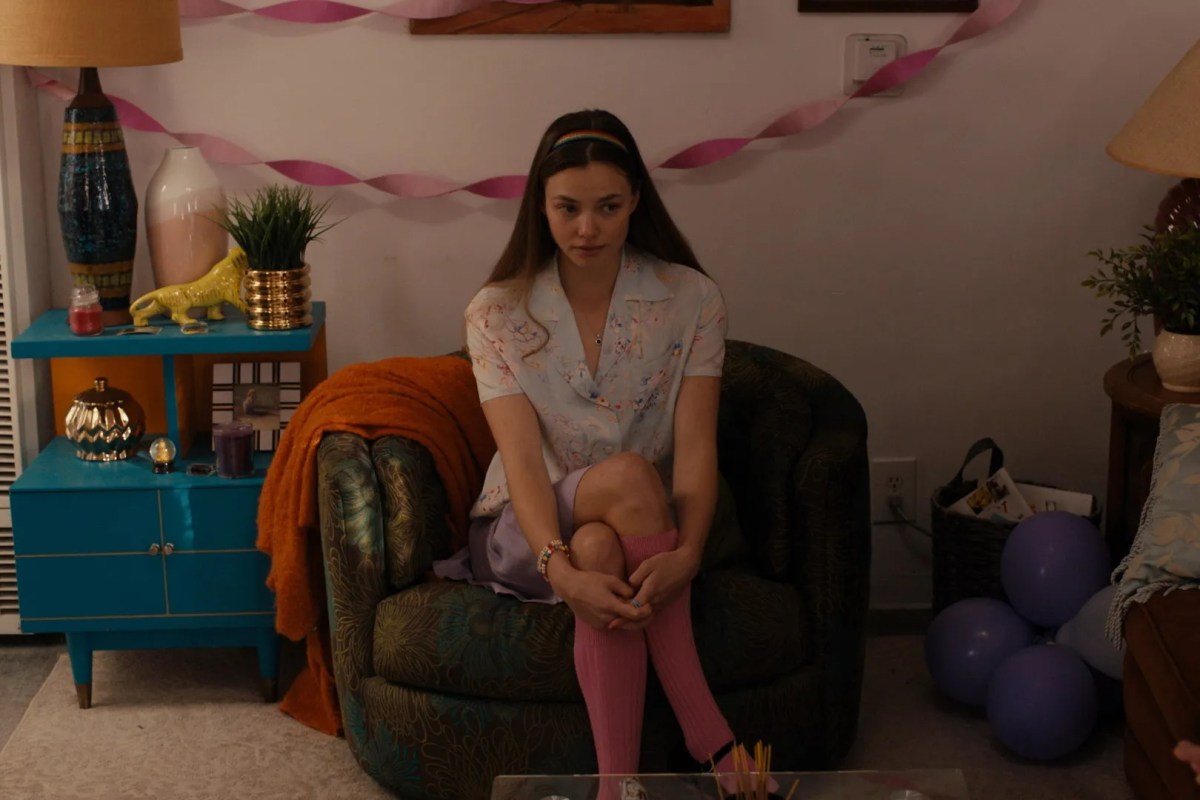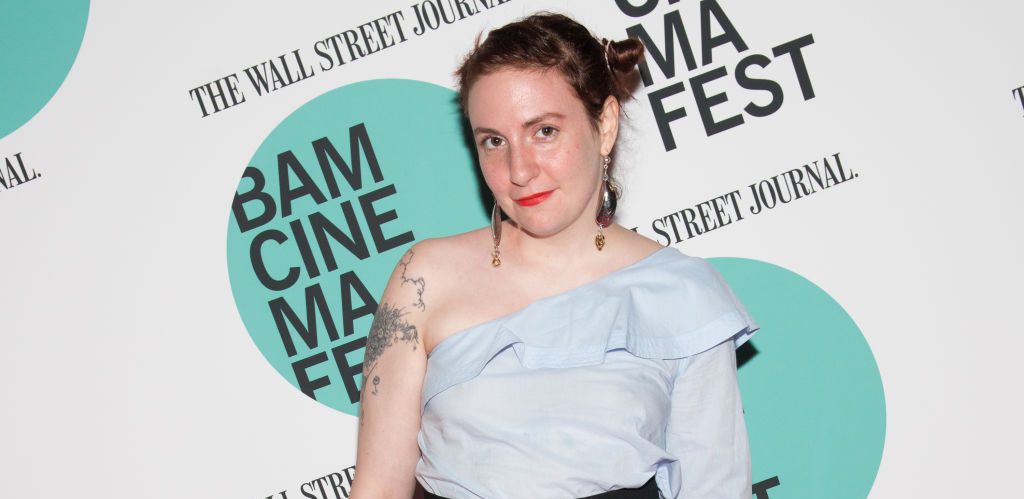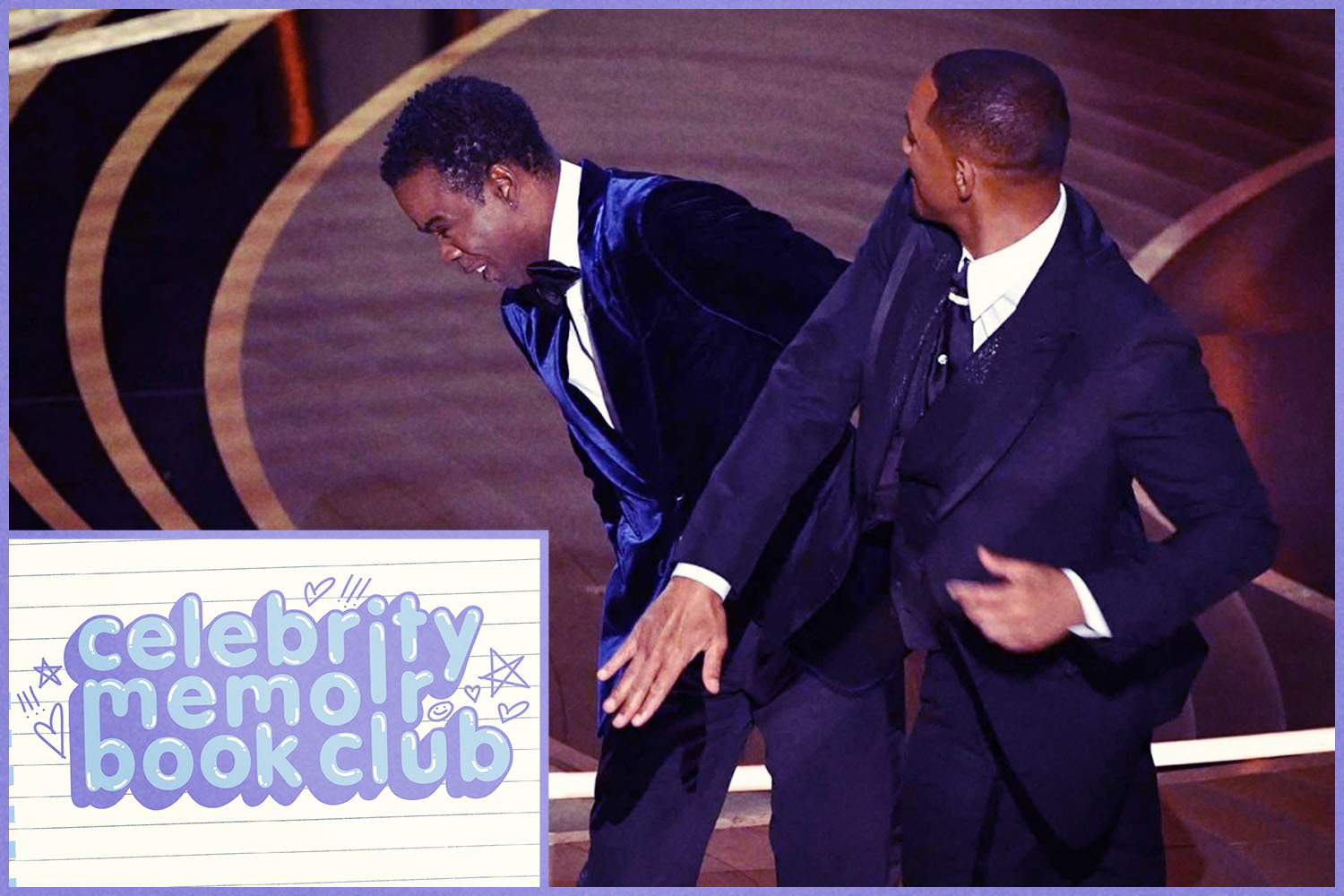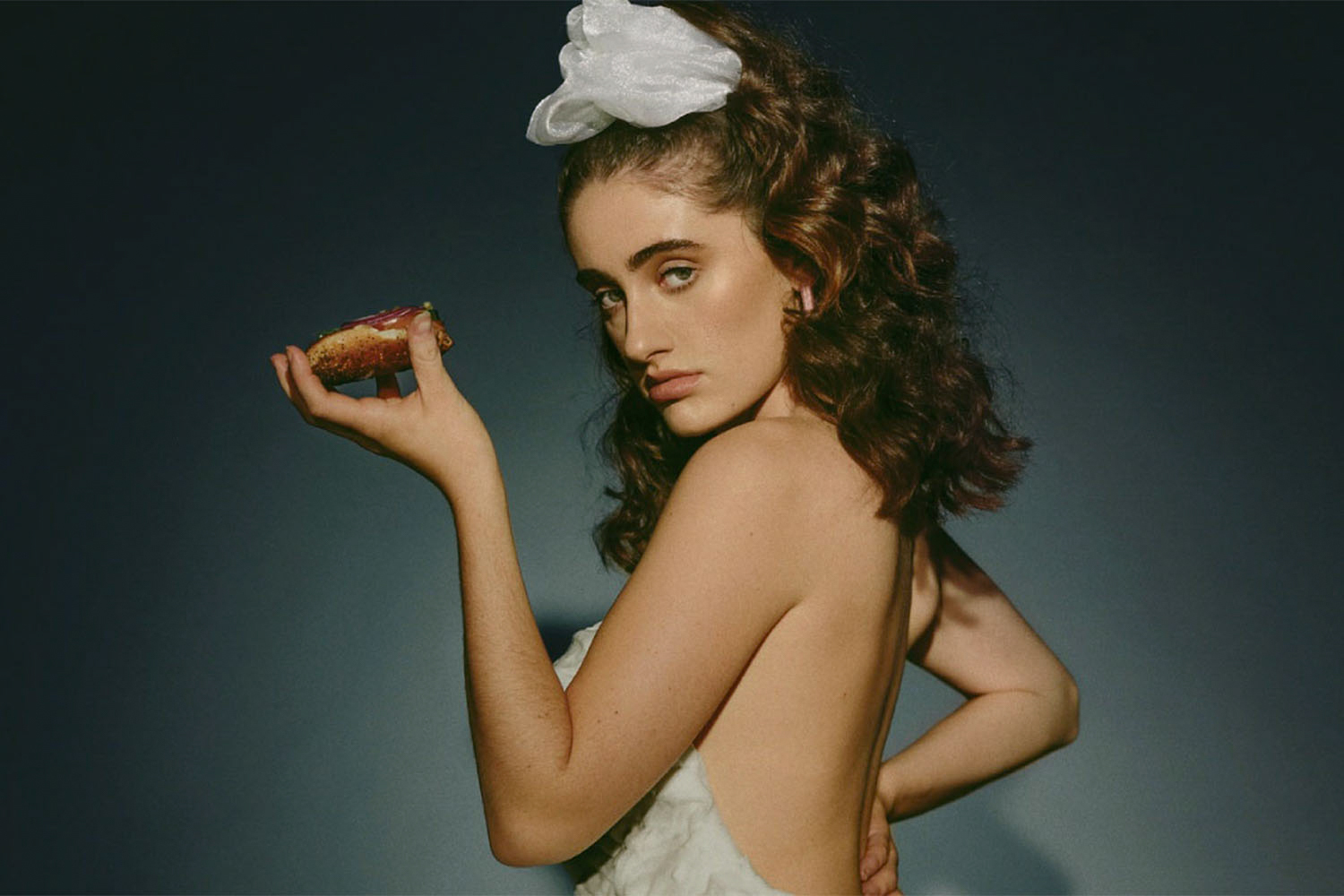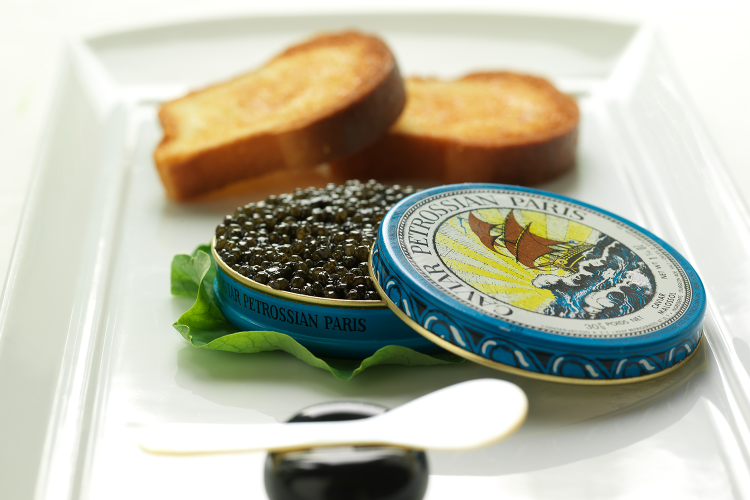It’s not often that we hear the word “chode” spoken aloud in the cinema, and so we tend to take note when we do. In Lena Dunham’s new film Sharp Stick, the term gets a mention during a gab sesh between the naive Sara Jo (Kristine Froseth), her half-sister Treina (Taylour Paige) and their mother Marilyn (Jennifer Jason Leigh). In the course of sharing a surprisingly candid sexual anecdote, Mom describes a past lover’s phallus as “wider than it was long, which is called a…?” to which her daughters respond “a chode!” in unison, like a chorus of baby birds. While her mother speaks from direct experience, the sheltered, developmentally arrested Sara Jo recites this word as something she’s been taught, a remote and abstract idea in her mind. She knows what sex is, but doesn’t know, you know? You know. And she wants to know-know.
Though Froseth’s mannered performance pushes the 26-year-old Sara Jo to some more outré places than the jumbled-up young women identifiable as her predecessors, she’s still a typical Dunham protagonist in the tension between her eagerness to explore an imagined grown-up world and her blindness to its realities. This peculiar comedy mostly tracks Sara Jo’s headfirst leap into the carnal deep end, as she resolves to try everything under the sun (or at least the PornHub tags bank) in the wake of a disastrous, virginity-claiming fling with her married boss that shakes loose a latent appetite. Of course her odyssey through the awkward sexuality that’s Dunham’s stock-in-trade doesn’t go off hitchless, each encounter as calamitous as the last she stumbled into, until she comes out the other side with some semblance of insight and perspective. The writer-director’s wheelhouse is situated here, at the nexus of late adolescence and young adulthood, as a hungry, experimental, solipsistic spirit gives way to awareness and responsibility. But Dunham’s impulse toward transgression also fights her tendency for traditionalism, an uneasy kind of coexistence that echoes the uncomfortable state of personal flux her characters occupy.
Dunham’s origin story is well-known, if only for how many times it’s been weaponized against her: born into the creative fast track by virtue of being child to two artists with some good money to their names, she achieved wunderkind status after wowing South by Southwest with her debut feature Tiny Furniture at the ripe age of 24. That wry cornerstone of the American indie-film movement regrettably termed “mumblecore” made a conscious effort to get out in front of its own privileged position, with Dunham playing an unflattering yet plausible parody of herself as a brat whining her way through a quarter-life crisis. Freshly graduated and adrift in her hometown, she putzes around and gets high and strikes up a casual thing with a local guy — standard millennial stuff. She’s got some serious growing up to do, a process set in motion with her revelation of her own mother’s humanity in the final scene. This is improvement, pretty unambiguously.
The success of Tiny Furniture landed Dunham a fateful general meeting with HBO that would bring her Girls and shape the following decade of interminable public discoursing over white women. While the series trod a lot of familiar ground — dating, friendships, figuring out your twenties — its premium-cable placement in the zeitgeist turned the modest production into a long-running phenomenon, which brought its own challenges. It’s not easy to keep a character in a holding pattern of immaturity demanded by steadfast ratings for years on end. Dunham adapted by sending her avatar Hannah Horvath from one persona to the next, trying on different versions of herself like outfits with each new job or boyfriend. As a would-be writer and constant fuckup, she sought to cultivate an artist’s lust for life, pursuing highs and lows that could then be translated into the work. At first, that meant rocking a mesh tank top and trying coke, but as her early twenties gave way to her late ones, she shifted focus to an objective stated early on: “I just want someone who wants to hang out all the time, and thinks I’m the best person in the world, and wants to have sex with only me.”
Hannah ends the series on a domestic note, having become a mother and relocated to a sleepy college town in upstate New York for a calmer, steadier teaching job. It took a shared genetic code, but she’s finally found someone other than herself to care for. The concluding shot of her infant latching onto her breast suggests contentment and completion. And yet in the same respect that the later seasons were duller than the earlier ones, her life has shrunken and quieted down, her ambition replaced by acceptance. In spite of all she’s gained, it’s hard not to think about all she’s given up. Perhaps this speaks to the influence of producer Judd Apatow, who spent much of the ‘00s applying this narrative to male equivalents, honing Dudes of the slacker, stoner, loner, horndog and weirdo varieties into Men. There’s a borderline social conservative streak to this schematic of story, oriented around getting your shit together and being a dutiful partner by acquiescing to convention. There’s an element of surrender to Seth Rogen’s retiring of his bong in Knocked Up, for instance, but the into-the-sunset happy ending clarifies that it’s for the best. The other option is an eternity on the couch with his burnout buddies, framed as agreeable yet unfulfilling.
In Sharp Stick, the classical Dunham character of Sara Jo is far more stunted than the postcollegiate Peter Pans who came before her, a hysterectomy at age 17 having supposedly halted her libido’s progress. She appears to be alright with an asexuality not so far from that of Steve Carell in The Forty-Year-Old Virgin, spending her days volunteering with a mentally disabled youngster she can relate to more than she can most other people. Only when she makes a fumbling yet effective move on the kid’s DILFy father (Jon Bernthal, perfectly cast as a grown man hiding his own boyishness, a stock type in Girls’ Brooklyn) do we realize just how frozen she is in her own childhood, tackling the milestones of sexual coming-of-age the way a tween might cross off items on a Best Summer Ever bucket list. Sara Jo makes an alphabetical poster on her wall with construction paper laying out the full buffet in front of her; F is for Fisting, we see, amended with a status update of “(half-way — ouch!)” These omnivorous trials fill out the middle of the film, their fish-out-of-water dynamic a simple, workable engine for comedy.
But in what may be her very first flash of self-awareness, Sara Jo comes to realize that these dares she’s posed to herself aren’t proving the mettle she thought they’d prove. In a catastrophic check-in with Daddy Bernthal, she throws all the evidence of her newfound prowess in his face, only then realizing that trying so desperately to act like a woman makes her seem more girlish than ever. Getting with a bunch of guys no good for her and for whom she has no feelings isn’t the revolutionary act she thought it was, undertaken by countless high schoolers since time immemorial. The film sends her back into the arms of the one genuine date she actually made a connection with, Sara Jo imagining herself caressed by multiple pairs of hands during the sendoff fuck of the last scene. Her fantasies haven’t been extinguished, just channeled into a more commonplace type of relationship. For Dunham and Apatow, holding on to some semblance of the person you were as you become the person you’re meant to be is the most that any of us can hope for.
But that hope to blaze one’s own path, sexually or artistically or otherwise, always leads these characters somewhere so average as to verge on normativity. Inevitably, these unruly women settle down and find someone nice with whom they can reproduce the family unit, either in monogamy or parenthood. 30 Rock‘s Liz Lemon, a defiant second-wave feminist who Had It All by ending her series balancing her job with a supportive house-husband and two adopted tots, suggests that our intellectual drives for independence will always be superseded by our emotional needs for love and company. (“It’s okay to be a human woman, Liz!” her husband says as she spite-refuses the dream wedding she’s always wanted. “No, it’s the worst, because of society!” she retorts.) Sara Jo comes to terms with her own wants in much the same way, succumbing to a desire for stability that Dunham’s work would have us believe is inbred. No matter where you go — or who you rim — there you are, helpless to become yourself, a self not nearly as unique as you once thought.
This article was featured in the InsideHook newsletter. Sign up now.
